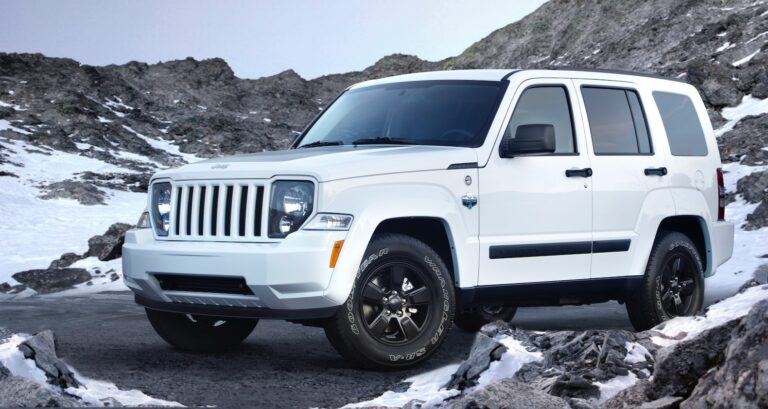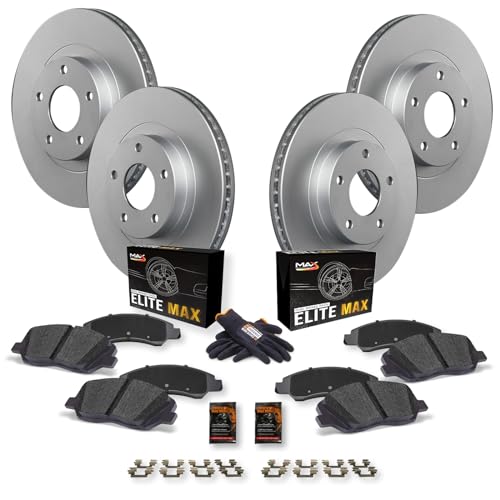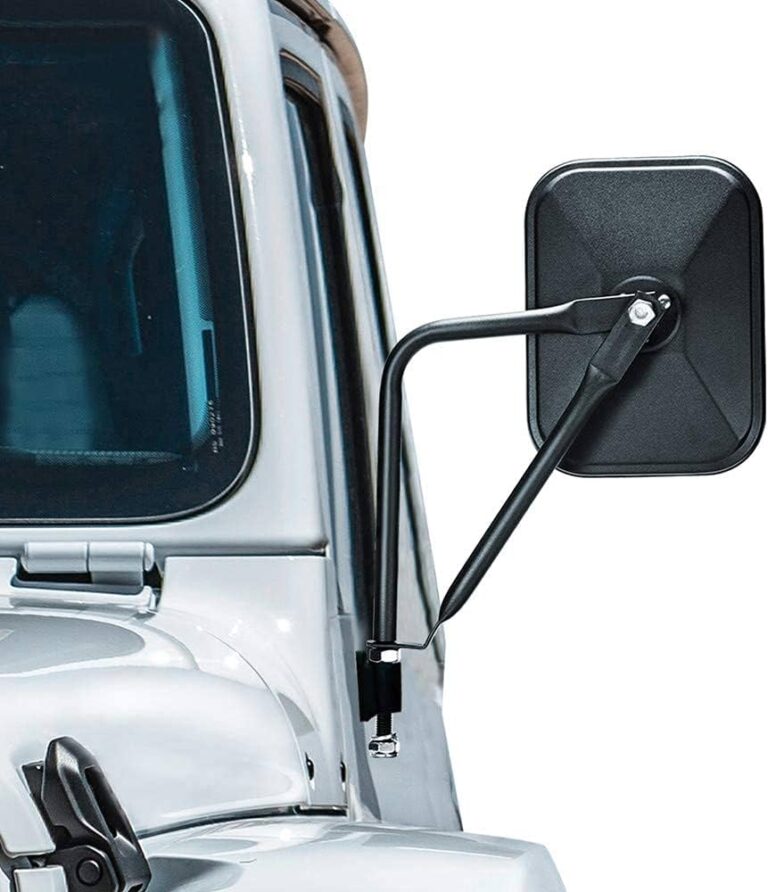How Long Do Jeeps Usually Last? Discover Lifespan Secrets
Jeeps are a popular choice for many people. They are known for adventure and fun. But, how long do Jeeps usually last? This is a common question among car buyers. Let’s explore the lifespan of Jeeps and what affects it.
Average Lifespan of Jeeps
Jeeps are tough vehicles. They are built to last. Most Jeeps can last a long time. Many Jeeps can run for about 200,000 miles. Some even go beyond this. It is not unusual to see a Jeep with 300,000 miles. But, how is this possible? Let’s find out.
Factors Affecting Jeep Lifespan
- Maintenance: Regular check-ups are important. This keeps the Jeep in good shape. Change the oil and check the brakes often.
- Driving Conditions: Jeeps are made for off-road. But, too much rough driving can wear them out. Smooth roads help them last longer.
- Weather: Cold weather can be harsh. It affects the Jeep’s parts. Hot weather can also be tough. Proper care is needed in extreme climates.
- Use: How you use your Jeep matters. Daily commuting is easy on the vehicle. Heavy towing or constant off-road use can reduce lifespan.

Credit: www.jlwranglerforums.com
Jeeps and Their Parts
Jeeps have many parts. Each part has its own lifespan. The engine is a key part. It can last many miles with care. The transmission is also important. It needs regular checks. Tires wear out faster. They need replacement every few years. The body of the Jeep can last long. Rust can be a problem, though. Keep it clean to avoid rust.
Different Jeep Models
There are many Jeep models. Each model can last differently. Jeep Wrangler is very popular. It is known for its durability. Many last over 15 years. Jeep Cherokee is another model. It is comfortable and strong. It can last over 200,000 miles with care. Jeep Grand Cherokee is also long-lasting. It is a mix of luxury and toughness.
Tips to Make Your Jeep Last Longer
Want your Jeep to last a long time? Here are some tips:
- Regular Maintenance: Follow the maintenance schedule. Check the oil, brakes, and fluids.
- Gentle Driving: Avoid rough driving. Be gentle with the brakes and gas.
- Keep it Clean: Wash your Jeep often. This prevents rust and keeps it looking new.
- Proper Storage: Store your Jeep in a garage. This protects it from bad weather.
- Check the Tires: Make sure the tires are in good shape. Replace them when worn out.

Credit: www.meadowlandofcarmel.net
Jeeps and Their Popularity
Jeeps are loved by many. They are not just cars. They are symbols of adventure. People use them for exploring new places. They are also good for daily use. Jeeps are versatile. This makes them a favorite for many. Their durability is a big reason for their popularity.
Why People Choose Jeeps
Jeeps are chosen for many reasons. Here are a few:
- Off-Road Capability: Jeeps are great off-road. They can handle tough terrains easily.
- Style and Design: Jeeps have a unique look. They are stylish and rugged.
- Community: Jeep owners form a community. They share tips and go on adventures together.
- Resale Value: Jeeps hold their value well. They are a good investment.
Frequently Asked Questions
How Many Miles Can A Jeep Last?
Jeeps can last over 200,000 miles with proper care. Regular maintenance is key.
What Affects A Jeep’s Lifespan?
Driving habits and maintenance impact lifespan. Off-roading can cause more wear and tear.
Are Jeeps Expensive To Maintain?
Jeeps can be costly to maintain. Parts and repairs might be pricier than some vehicles.
Do Jeeps Have Good Resale Value?
Yes, Jeeps often have strong resale value. They’re popular and durable.
Conclusion
Jeeps are durable and long-lasting vehicles. They can last over 200,000 miles with proper care. Regular maintenance is key to their longevity. Gentle driving and proper storage also help. Jeeps are more than just vehicles. They are an experience. They offer adventure and fun. This is why they remain a popular choice for many.
By taking care of your Jeep, you ensure it lasts. Follow the tips mentioned to enjoy your Jeep for years. With the right care, your Jeep will be with you for many adventures.





